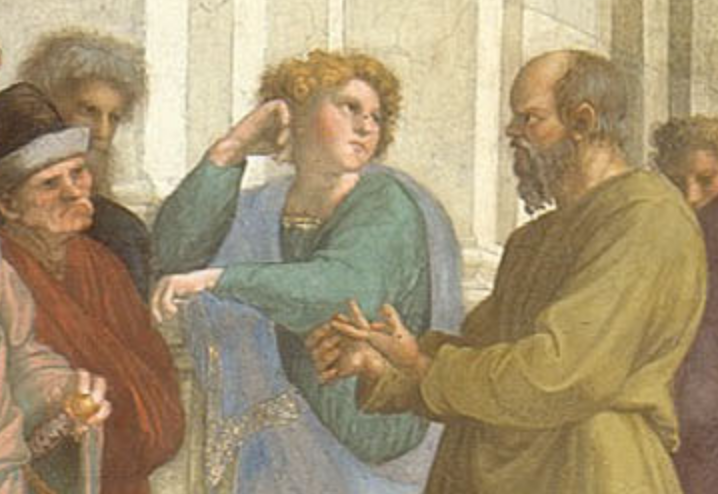Teachers truly love a very tough profession
Fresno Bee, August 20, 2016
 Teachers love to teach. Ideas thrill us. We share the excitement of our students’ achievements. We enjoy helping people master skills and understand concepts. And we believe that our efforts give birth to a better world.
Teachers love to teach. Ideas thrill us. We share the excitement of our students’ achievements. We enjoy helping people master skills and understand concepts. And we believe that our efforts give birth to a better world.
Like any worthwhile activity, teaching is stressful and difficult. It is intimidating to face a college lecture hall full of hundreds of students. It is tough to keep high school kids engaged. It isn’t easy to nurture elementary school kids every day of the week.
There is high turnover among beginning teachers. In Los Angeles, according to a recent report, 40 to 50 percent of K-12 teachers leave the classroom within five years. Teacher shortages are a problem in Fresno and across the country. The long-term solution is for society to value teachers. Teachers should also spread the good news of the joy of teaching.
Not everyone is cut out to be a teacher. Teaching is a craft that is learned through sweat and tears. When I taught high school, I was overwhelmed with insecurity. My first years in the college classroom were filled with anxiety and doubt. More than 20 years later, I still fret and worry.
Teachers need compassion, organizational skills and intense focus. Teaching depends upon mastery of the subject matter, quick wit and the ability to improvise. It also requires an ethical commitment to the well-being of those we teach.
Great teachers facilitate a metamorphosis of the mind. Jeremiah Conway, a philosophy professor in Maine, describes this as a kind of magic. In a book entitled “The Alchemy of Teaching,” he explains, “Teaching is fundamentally about human transformation.” He concludes, “Participating in such transformation is one of the great delights and responsibilities of teaching.”
Parents certainly don’t want just anyone molding our children’s minds. We want ethically grounded teachers who love our children and understand their fragility. We want teachers who take their responsibilities seriously.
TEACHING IS A NOBLE AND NECESSARY PROFESSION.
Transformative teaching is not mere instruction. Its goal is not obedient compliance or mechanical repetition. Rather, transformative teaching aims to conjure something new into existence – knowledge, virtue and love of learning.
The model for transformative teaching is Socrates. Socrates described himself as a midwife who facilitated a magical birthing process. When teaching works, young people grow into full-fledged human beings.
Low wages, heavy workloads and external pressures can kill the joy of teaching. Institutional constraints can reduce teaching to mere instruction. The move to computerized instruction presumes that computer programs can do much of the work.
Some skills can be taught by mechanized instruction. But personal transformation and moral growth are properly facilitated by human interaction. We learn art from inspired artists. We learn the scientific method from devoted scientists. We learn good sportsmanship from decent coaches. We learn to love history by listening to passionate historians. And we learn how to be human from mentors who represent the best of humanity.
In order to recruit the next generation of teachers, society needs to celebrate the smart, devoted, and moral human beings who fill our classrooms. Teachers are among the most important workers in our nation. They transmit the knowledge, skills, and values of our civilization. Teaching is a noble and necessary profession.
We also need to explain the joy of teaching. Successful teachers find meaning and delight in teaching. Teachers often feel called to teach. But inspiration is momentary. Teachers are lifelong learners who work to hone their craft. That effort is sustained by a sense of responsibility toward students and the community.
Teachers are often quiet about their love of teaching. Perhaps we are reluctant to admit that we’ve found meaningful work in a world of drudgery. We are not comfortable these days talking about work as a calling or vocation. But where your talent and joy provide a service to the world, that’s where you are summoned.
Not everyone has the talent or demeanor to be a teacher. Some give up or burn out. But most teachers love to teach.
Each new school year begins as a great romance. We get butterflies. We obsess about lesson plans. We dream of books, experiments and ideas to be shared. We happily greet our students, humbled by our responsibility. And we hope that through our efforts a better future will be born.


